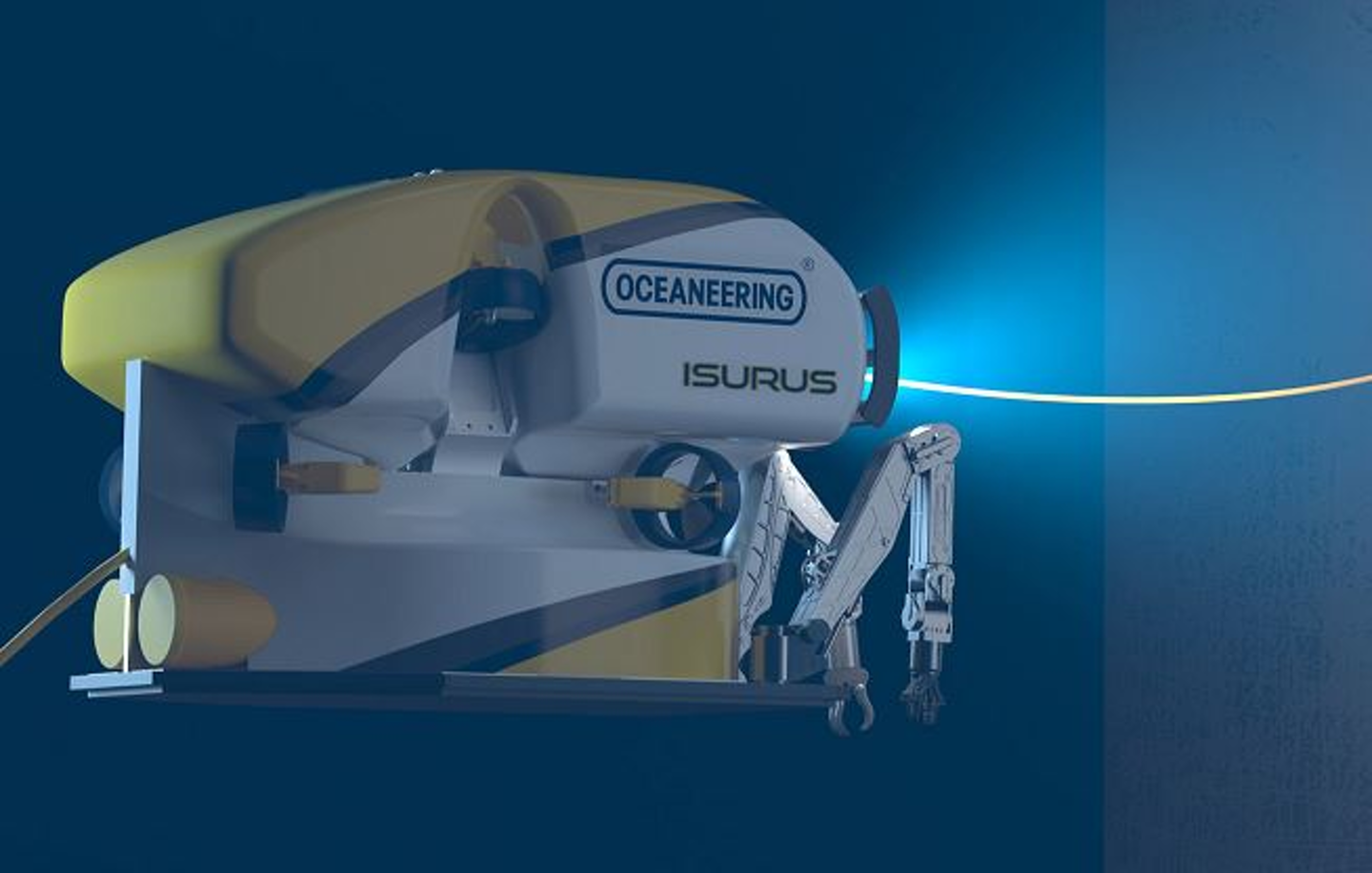Home › Forums › ROV › ROV Rookie Corner › Is a technical background required to enter the ROV industry
- This topic has 19 replies, 6 voices, and was last updated 16 years, 5 months ago by
Scott Beveridge.
-
AuthorPosts
-
October 22, 2008 at 7:41 pm #19815
bt
ParticipantIf that was the case you wouldn`t have people offshore that don`t have the background that keeps on getting complained about.
Don`t you think if the ROV industry had a proper structured training programme, from the end of college to the top in the industry it would solve a lot of the problems.
Then there would be no need for these training schools and therefore would all Vanish.
I do take your point, but isn`t the rov industry big enough to take the hit of training technicians.
October 22, 2008 at 10:42 pm #19816Ray Shields
ParticipantIf that was the case you wouldn`t have people offshore that don`t have the background that keeps on getting complained about.
I do take your point, but isn`t the rov industry big enough to take the hit of training technicians.
Time and time again you hear the phrase "right place at the righ time" or "its who you know". Both of these bypass any logic or criteria for employing someone.
The industry is big enough if they bothered, but as I said, they do not need to therefore they don’t. They are in it to make money not to train the world. Again, if they can get technicians without training them themselves they will.
And there has to be a finite amount. Assume for a 6 man ROV team, you could cope with 2 of these 6 being trainees, say. So thats 12 people (back to back) so 4 trainees per ROV. If the company owns 30 ROVs, that would be 120 trainees.
Of course companys dont tend to have the full 12 per system, but you see what I’m saying about how there IS a limit as to how many you can take on at any one time.
The problems begin when that ratio changed to 4 trainees out of a crew of 6! You then either survive through luck, some very quick learning or run ragged experienced guys (with no time to teach the trainees). But it cant last like that forever.
Don`t you think if the ROV industry had a proper structured training programme, from the end of college to the top in the industry it would solve a lot of the problems.
Yes, I do. We have IMCA guidelines but it is such a weak guideline I feel its just used as a tool by training schools to try and justify their courses.
If we had a similar structure to, say, a plumber, or electrician, (proper defined training, qualifications and work place experience) then the ROV world would be a happier place. Within that structure there would also still be a place for ROV training schools (the same way as there is for colleges and unis)
October 23, 2008 at 12:43 am #19817bt
Participantthanks for the reply
I think that the rov industry should have a training structure like plumbers as you quote. AS ALL MAJOR industries do even the ones offshore.
ALL company`s are swamped with trainees and have been for a few years now.
I`d rather look to the future not whats gone in the past.
AS the company`s would be training there OWN employees.
I don`t know how much of your view reflects the ROV industry though.
but that is just my point of view, so i`ll leave it at that
cheers
October 23, 2008 at 8:55 am #19818James McLauchlan
Participantbt
I understand what you feel and there may be some merit in your suggestions but as I hinted at earlier, British industry is very bad at long term investment. It no longer sees the benefit of investing two years of training and expense in this type of thing. This is why apprenticeships all but disappeared years ago. Offshore operators are even worse. They want trained/qualified people for little or no capital outlay.
ROV crew switch around from company to company at the drop of a hat. So why would a company train someone for two years only to see them shift elsewhere on completion of training? Not my concern but I can imagine the bean counters losing the plot over it.You can imagine that an ROV company trains up someone for two years only to find that the industry falls into one of it’s usual cyclical downturns and suddenly they have no need for all these newly trained people. UK companies will not carry extra baggage (in the fashion that Norwegian firms might) waiting for things to improve.
No matter how good the idea may seem on paper you’ll not convince the bulk of UK management otherwise. For example I know of a company based in Aberdeen that (in the past) promised regular 4 on 4 off rotation to attract people but I saw, first hand, when one of their boats was alongside (off contract for a few weeks) they sent just about everyone home off pay, no matter where they were in their trip. So if they will not carry the cost for a couple of weeks there is no chance of them carrying people for a couple of years hoping that it will pay off for them further down the line.
I am not a doom and gloom merchant but be aware that the downturn will most certainly happen. Those that have poured into the industry recently better be putting cash away for a rainy day because as history has proven, the hard times will come again. If you think it’s hard to get a start now you wait until oil drops further (and it will) and the co’s start shedding people… which they will. Training people will be the last thing on any UK company managements mind.
October 23, 2008 at 9:13 am #19819Scott Beveridge
ParticipantNope, you’re definitely not a gloom / doom merchant, but a realist. I’ll say it again… Look at the news, price of oil, your tax raises, and ALL the idiots in political offices (yes ladies and germs – the big picture), all the offshore oil & gas reports available (for free), and then do some self-assessment on your own lifestyle. Do you over-extend your budget and resources? Do you have enough or not enough "toys"? The companies, operators, and manufacturers have done and will do again the inevitable clearing of their books when a downturn approaches. BE READY and PREPARED laterally as in having a side business or trade inshore. As James said, it’s a cyclic occurrence and don’t think any of you are valuable enough for the companies to retain.
-
AuthorPosts
- You must be logged in to reply to this topic.



